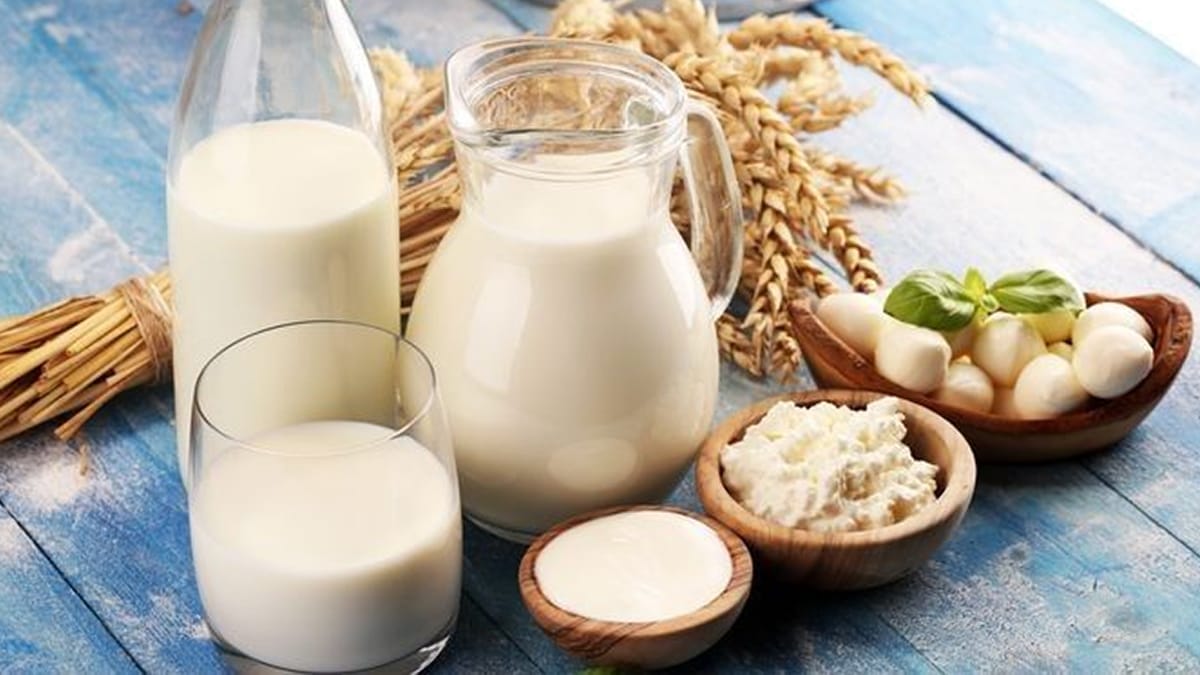What Role Does Protein Play in Weight Loss Success?
Protein plays a decisive role in weight loss success because it directly affects metabolism, satiety, muscle preservation, and long-term body composition. In simple terms, without enough protein, most weight loss efforts fail or lead to muscle loss rather than fat loss. Understanding how protein works can turn a frustrating weight-loss journey into a sustainable success story.

What Role Does Protein Play in Weight Loss Success?
Protein is not just another macronutrient. It is the secret weapon for appetite control, fat burning, and building a leaner, healthier body. Scientific evidence, expert nutrition advice, and countless real-life transformations all point to one undeniable fact: protein intake determines whether your weight loss will be temporary or lasting.
So what exactly is protein’s role in weight loss success, and how can you use it to your advantage? Let’s dive deep into the science, strategies, and practical tips.
Why Protein Is Essential for Weight Loss
Protein is one of the three primary macronutrients (alongside carbohydrates and fats), but its role in weight loss is unique. Unlike carbs and fats, protein provides the building blocks (amino acids) your body needs to repair tissues, preserve muscle, and support hormone function.
When you cut calories to lose weight, your body searches for energy. Without enough protein, it can break down muscle tissue instead of fat, which slows metabolism and leads to plateaus. Protein prevents this by acting as a protective shield for lean mass while still allowing fat to be burned.
Protein and Satiety: Why It Keeps You Full Longer
One of the most powerful benefits of protein is satiety. Studies show that protein stimulates the release of hormones such as peptide YY and GLP-1, which make you feel full and reduce cravings.
This means:
You naturally eat fewer calories.
You avoid unnecessary snacking.
You gain control over emotional eating.
For example, eating eggs for breakfast instead of a bagel can reduce overall daily calorie intake by up to 400 calories. That’s the hidden secret of protein: it silently cuts your appetite without forcing you to rely on willpower.

Protein and Metabolism: The Thermic Effect
Protein has the highest thermic effect of all macronutrients. About 20–30% of the calories you consume from protein are burned during digestion, compared to just 5–10% for carbs and 0–3% for fats.
In practice, this means if you eat 100 calories of protein, your body only “absorbs” around 70–80 calories. The rest is burned off in the process. This natural calorie-burning effect helps accelerate fat loss while keeping your metabolism active, even in a calorie deficit.
Protein Protects Muscle While Burning Fat
One of the biggest dangers of weight loss is muscle loss. Losing muscle decreases strength, lowers metabolic rate, and makes it easier to regain fat later.
Protein plays a critical role by preserving lean mass. Paired with resistance training, a high-protein diet ensures your body prioritizes fat as its energy source instead of muscle. The result is a leaner, more toned body rather than just a smaller version of your old self.
How Much Protein Do You Really Need for Weight Loss?
The recommended daily allowance (RDA) of protein is about 0.8 grams per kilogram of body weight, but this is the bare minimum to prevent deficiency—not to optimize weight loss.
For effective fat loss and muscle preservation:
Moderate activity: 1.2–1.6 g/kg of body weight
Strength training: 1.6–2.2 g/kg of body weight
Overweight individuals: Base intake on goal/lean body mass rather than total weight
For example, a 70 kg person aiming to lose fat while preserving muscle may need between 100–150 grams of protein daily.
Best Sources of Protein for Weight Loss
Not all protein is created equal. For weight loss success, focus on lean, nutrient-dense sources.
Examples include:
Chicken breast, turkey, lean beef
Eggs and egg whites
Fish and seafood
Greek yogurt, cottage cheese
Plant-based options: tofu, tempeh, lentils, beans, quinoa
Protein powders for convenience
Mixing animal and plant sources provides a balanced amino acid profile, better digestion, and variety in taste.
Timing and Distribution of Protein
It’s not only how much protein you eat, but also how you spread it out across the day. Research shows that evenly distributing protein (20–40 grams per meal) is more effective for muscle retention and satiety than loading it all into one meal.
Practical strategy:
Breakfast: 25–30 grams
Lunch: 25–30 grams
Dinner: 25–30 grams
Snacks: 10–20 grams each
This consistent intake keeps your metabolism active and hunger under control.
Protein Myths That Sabotage Weight Loss
Myth: High protein damages kidneys.
In healthy individuals, there is no scientific evidence that high-protein diets harm kidneys. The risk only applies to those with pre-existing kidney disease.Myth: You need carbs for energy, not protein.
Carbs are useful, but protein ensures that energy comes from fat, not muscle.Myth: Too much protein turns into fat.
Overeating anything can lead to fat gain, but protein is the least likely macronutrient to be stored as fat due to its thermic effect.
Scientific Research Supporting Protein for Weight Loss
A 2015 study published in The American Journal of Clinical Nutrition found that higher protein diets led to greater fat loss and muscle preservation compared to standard protein diets.
Research in Obesity Reviews concluded that protein improves appetite regulation and helps maintain weight loss in the long term.
Harvard School of Public Health also emphasizes protein’s role in satiety and healthy weight management.
These findings prove that protein is not just hype—it’s scientifically validated.
Real-Life Examples of Protein Success Stories
A woman who switched from a carb-heavy breakfast to a protein-rich breakfast (eggs, Greek yogurt) reported losing 20 lbs in six months without strict calorie counting.
Athletes cutting weight for competition often maintain lean muscle by increasing protein intake to 30–40% of daily calories.
Everyday dieters who replace processed snacks with protein shakes often feel less hungry and achieve better results.
FAQs About Protein and Weight Loss
How much protein should I eat per day to lose weight?
Aim for 1.2–2.0 grams of protein per kilogram of body weight, depending on your activity level.
Can I lose weight with plant-based protein?
Yes, plant-based sources like lentils, tofu, tempeh, and beans can support weight loss. Pair different sources for a complete amino acid profile.
Should I use protein powder for weight loss?
Protein powder is a convenient option to fill gaps, but whole food sources should come first.
What happens if I don’t eat enough protein while dieting?
You risk muscle loss, slower metabolism, increased hunger, and a higher chance of weight regain.
Is too much protein harmful?
For healthy individuals, high protein intake is safe. Those with kidney disease should consult a doctor first.
When is the best time to eat protein for weight loss?
Spread intake evenly throughout the day, ideally 20–30 grams per meal.
Can protein help prevent weight regain after dieting?
Yes, protein helps maintain muscle and keeps hunger under control, making it easier to sustain weight loss.
Recommended Products to Support Protein Intake
Whey protein isolate powder
Plant-based protein powder (pea, hemp, or rice)
High-protein Greek yogurt
Protein snack bars with low sugar
Meal replacement shakes rich in protein
Tips, Tricks, and Warnings
Don’t rely solely on protein shakes—use whole foods as your foundation.
Balance protein with fiber-rich vegetables for maximum satiety.
Beware of hidden sugars in protein bars and shakes.
Adjust protein based on your progress—more active people may need more.
Pair protein intake with resistance training for best results.
Final Thoughts: 7 Key Takeaways
Protein is essential for sustainable weight loss success.
It increases satiety and reduces cravings naturally.
It boosts metabolism through the thermic effect.
It protects lean muscle during calorie deficits.
Aiming for 1.2–2.0 g/kg of body weight is optimal.
Choose high-quality, nutrient-dense protein sources.
Consistency in protein intake is the real secret weapon.
Protein is not a temporary trick—it is the foundation of lasting fat loss. When combined with smart nutrition and exercise, protein transforms weight loss from a struggle into a lifelong achievement.
Reference & Additional Reading
Inspired by studies and insights from:
www.health.harvard.edu
www.menshealth.com
www.healthline.com
www.womenshealthmag.com
www.ncbi.nlm.nih.gov
www.webmd.com
www.medlineplus.gov
www.tridenttech.edu
www.burnexia.com


